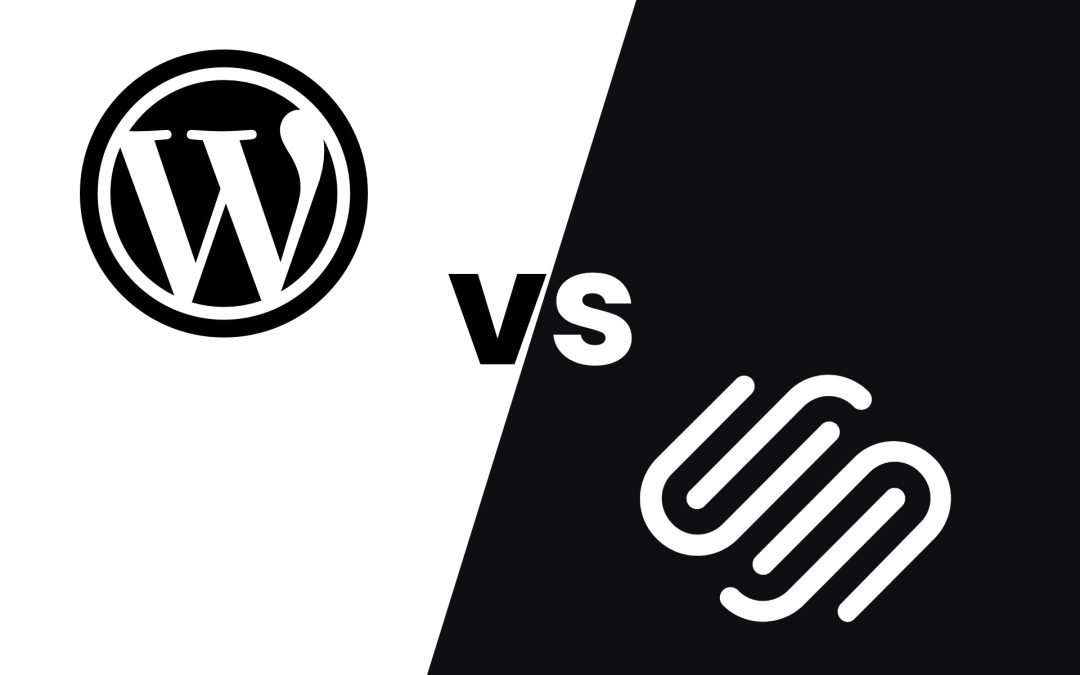Ease of use
It’s needless to say that business owners and website beginners aren’t aware of CSS, HTML, Javascript, Laravel, Python, React, Redux, Vue, Angular, or any other iteration of these libraries to create websites.
No one needs that when building a standard website. So, you’re looking for a platform that eases website development without hiring a professional developer. Having said that, WordPress is a promising choice as it helps start the blog and create a DIY website.
In fact, around 32% of the websites are designed and powered by WordPress.
Having said THAT, WordPress is an easy-to-use and intuitive platform, and all you need is a bit of a learning curve. Moreover, there are multiple plugins and themes to ease your website development, while the content editor is easy to use. In fact, there are custom blocks to add different elements to the page and add a unique touch to every element.
Cost
WordPress is a free platform which means you can download, build, and utilize the website creation features for free. WordPress is basically an open-source software and has a GPL that delivers control and freedom. However, it’s obvious that you need to register the domain and opt for the web hosting account. The users can select between different hosting plans but shared hosting is a more reliable option for small businesses and personal websites. As far as the domain and hosting costs are concerned, they vary with the website level. Moreover, there are hundreds and thousands of plugins and templates available.
Squarespace is a paid plan which starts from a $22 to $61 monthly subscription that can add up to the cost.
WordPress is free, but you do pay your regular hosting fees, eg: fun/serious hosts from $25 a month.
Templates and design
Integrations and plugins
WordPress has a massive availability of integrations and plugins. The plugins act as an app for the website, which allows the users to add new features to the website.
Currently, WordPress has more than 54,000 free plugins available, and there are more premium plugins as well. On the other hand, Squarespace really lags behind since there are no powerful APIs out there, and the availability of plugins is very limited.
